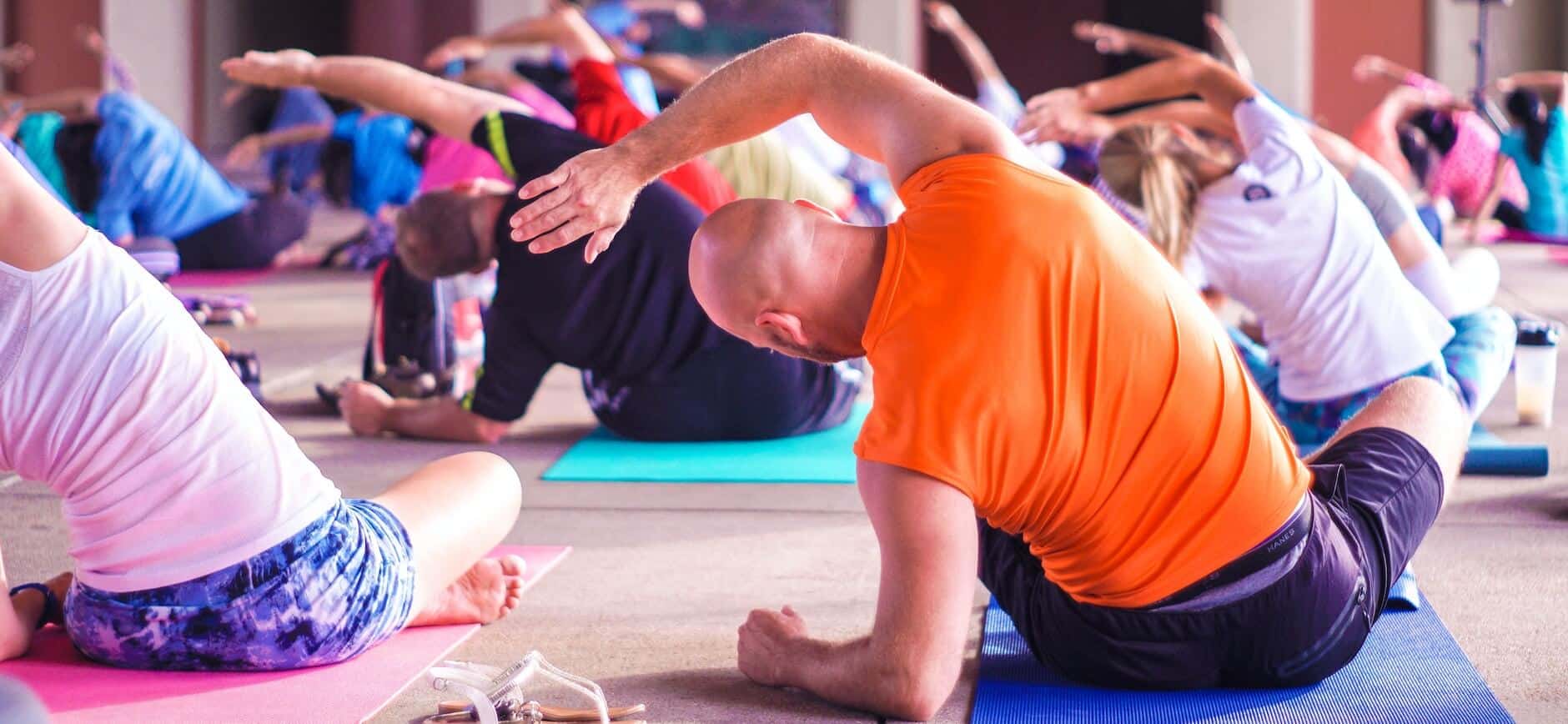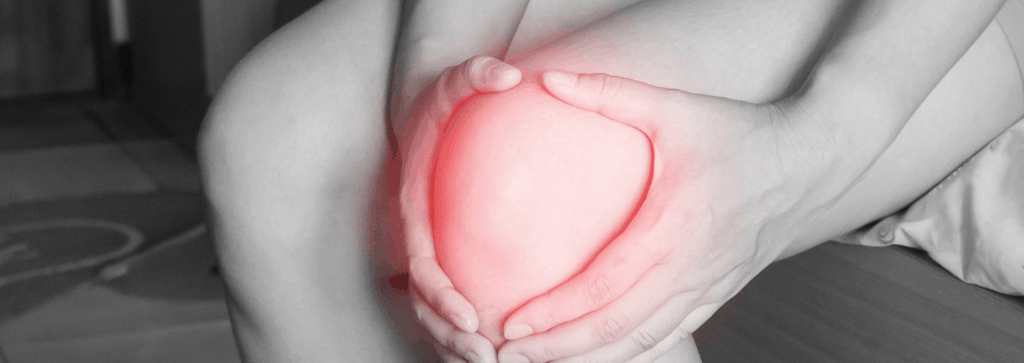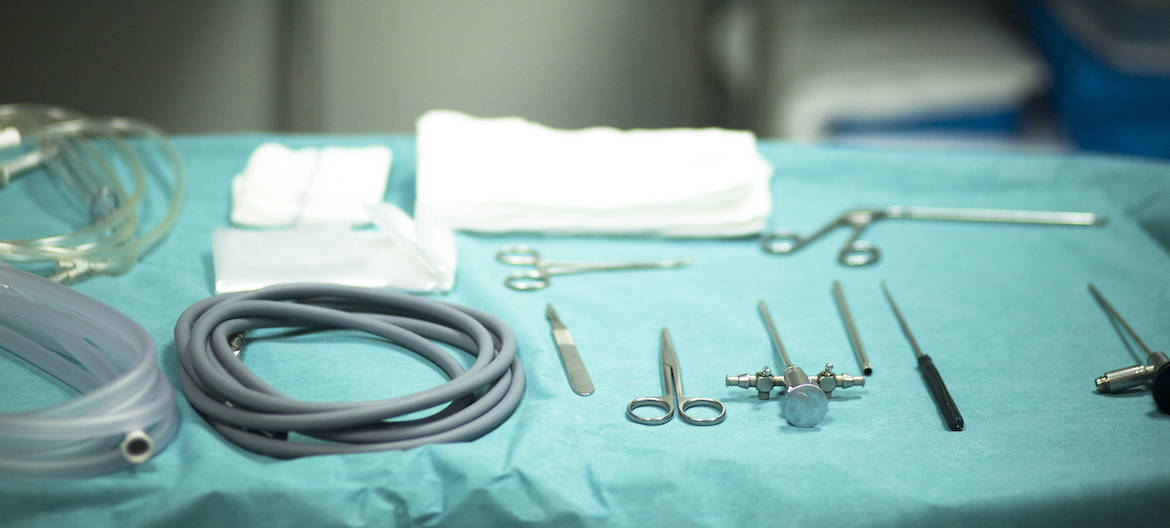Even though it might not seem like great timing at the end of the football season, I thought it would be worth sharing some information on concussion that I gained from a Headache Symposium that I attended in Sydney at the start of August. It is important information applicable to any situation, regardless of the sport.
Dr Lisa Elkington presented the session, she is a sports physician at the AIS who was involved with putting together a position statement on management of concussion for the AIS and AMA – you can check it out at www.concussioninsport.gov.au.
It is an excellent website with some very important information on this website for players, parents, coaches and health professionals that we should all know about, and I thought it would be good to share it with you all and highlight a few important points.
There are guidelines for return to school and sport, which makes a grey area a bit less grey for everyone.
I have also linked the pocket concussion recognition tool to print and keep handy.
Take home messages:
- children and adolescents are more susceptible and take longer to recover
- it is an evolving injury, meaning that even if symptoms are mild or non-existent, they can progress and develop even after 24 hours.
- because it is an evolving injury, this means it is worth watching closely if a player goes back on after an incident even if they are symptom-free
- symptoms are varied and sometimes quite subtle and vague – check out the list on the pocket guide. Sometimes it is simply ‘I just don’t feel right’, or a player not quite looking themselves with a blank or vacant stare
- it is worth knowing all the possible symptoms, and in what circumstances someone needs to go to A+E – the website www.concussioninsport.gov.au has all of that information.
- loss of consciousness only happens in 10% of concussions, in other words 90% of concussions don’t involve a loss of consciousness
- most concussion resolves without specific treatment – just appropriate cognitive and physical rest. There are guidelines on this website, but the less rest, the more symptoms and the longer they last.
- the most important mantra – ‘if in doubt, sit them out!’















